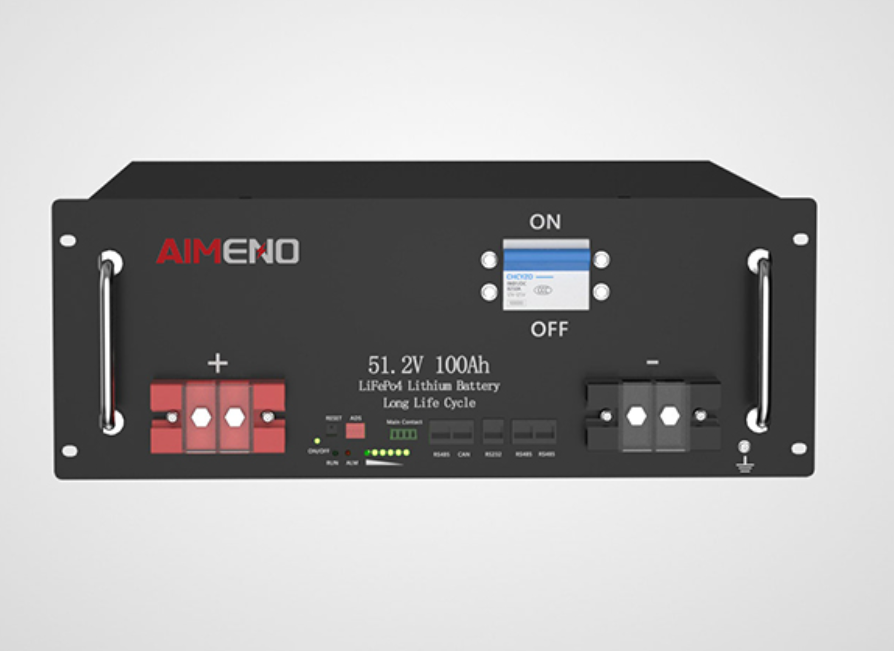Solar batteries are an essential component of a home solar panel system. They
allow homeowners to store excess solar energy generated during the day for use
at night or during periods of cloudy weather. However, determining how many
solar batteries are needed to power a house can be a complex task, as it depends
on various factors such as the size of the home, the location, and the average
energy consumption of the household.

The first step in determining how many solar batteries are needed to power a
house is to calculate the home's energy consumption. This can be done by
analyzing the electricity bills from the past year and determining the average
monthly kilowatt-hours (kWh) used. It is important to consider the energy needs
of all appliances and devices in the home, including lighting, heating, cooling,
and electronics.
Once the average energy consumption has been calculated, the next step is to
determine the size of the solar panel system needed to generate that amount of
energy. The size of the solar panel system will depend on the location of the
home and the average amount of sunlight it receives. In general, a solar panel
system with a capacity of 5 to 7 kW is sufficient to power a typical home.
The final step is to determine the number of solar batteries needed to store
the excess solar energy generated by the solar panel system. Solar batteries
have a capacity measured in kilowatt-hours (kWh), and the number of batteries
needed will depend on the capacity of the solar panel system and the energy
consumption of the home. As a general rule of thumb, a home solar panel system
should have a solar battery capacity of at least twice the daily energy
consumption of the home.
Determining how many solar batteries are needed to power a house requires an
analysis of the home's energy consumption, the size of the solar panel system
needed to generate that amount of energy, and the capacity of the solar
batteries. By following these steps, homeowners can effectively size their solar
battery system to meet their energy needs and maximize the use of solar energy
in their home.Also read:https://www.aminobattery.com/lithium-battery/199.html
Frequently Asked Questions
How long do solar batteries last?
Solar batteries typically have a lifespan of 10 to 15 years. However, the
actual lifespan of a solar battery will depend on various factors such as the
type of battery, the manufacturer, and how well it is maintained.
What are the different types of solar batteries?
There are several types of solar batteries, including lead-acid batteries,
lithium-ion batteries, and nickel-metal hydride batteries. Each type has its own
advantages and disadvantages, and the best choice will depend on the specific
needs of the home solar panel system.
Can solar batteries be used to power a house off-grid?
Yes, solar batteries can be used to power a house off-grid, as long as the
solar panel system is large enough to generate enough energy to meet the home's
energy needs. Solar batteries are an essential component of an off-grid solar
panel system, as they allow excess energy to be stored for use when the sun is
not shining.
Can solar batteries be used with a traditional grid-tied solar panel
system?
Yes, solar batteries can be used with a traditional grid-tied solar panel
system. In this setup, the solar panels generate electricity that is first used
to power the home and any excess energy is fed back into the grid. The solar
batteries store excess energy that can be used when the solar panels are not
generating enough electricity, such as at night or during periods of cloudy
weather.
Are solar batteries worth it?
Whether solar batteries are worth it will depend on various factors such as
the cost of the solar panel system, the cost of electricity from the grid, and
the energy needs of the home. In general, solar batteries can be a good
investment for homeowners who want to maximize their use of solar energy and
reduce their reliance on the grid. However, it is important to do a cost-benefit
analysis to determine whether solar batteries are a financially viable
option.
